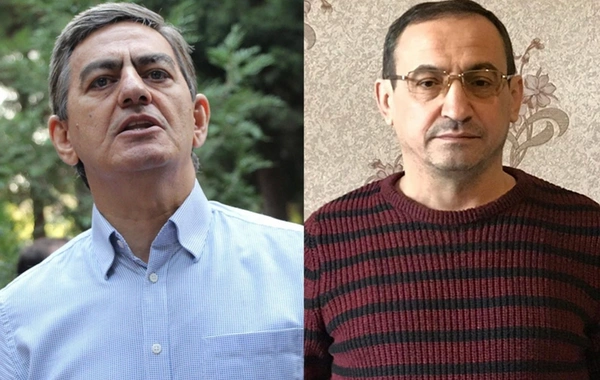Brain recovery treatment after stroke found

Heat shock proteins (produced in the body when temperature rises) HSP70 can help in the recovery of neurons after a stroke, Gennady Pyavchenko told "Gazeta.Ru".
HSP70 participate in many molecular mechanisms that directly affect the survival of nerve cells. For example, they are involved in the regulation of inflammatory processes and prevent the initiation of orderly cell death processes, protect proteins during their formation stage, and "mark" damaged proteins with special molecular signs, with which the cell sends dangerous waste for disposal.
Scientists have developed lines of mice that actively produce heat shock proteins. They were crossed with other mouse lines that develop conditions modeling amyotrophic lateral sclerosis and Alzheimer's disease. Studies have shown that potential targets for therapy using HSP70 can be almost any conditions associated with the appearance of improperly formed proteins in the cell. Including ischemic stroke.
"The key result is the positive effect on neuronal survival and overall life expectancy, exerted by the simultaneous presence of pathological proteins and HSP70 heat shock proteins in the cell. We see the demand for these results and believe that they bring this direction closer to the ultimate goal - the creation of potential drugs for neuroprotection.
We investigated which effects make sense to consider, and concluded that there are no obvious structural changes in the body when HSP70 content increases. There are several obstacles on the way to implementing HSP70 in clinical practice. The main and obvious one is that they are involved in such a large number of interactions that their use may in some cases become a kind of cutting of the Gordian knot instead of carefully untying it. For example, in cancer, the tumor can "use" the ability of HSP70 to protect against cell death, and then this nominally useful property can be dangerous. The task is to find an approach to activate the desired effects of HSP70 while minimizing unwanted ones," said Pyavchenko.
Similar News
Scientists discussed the prospect of extending human life to 120 years
Human active life can be extended to 120 years in the case of early monitoring and prevention. As reported by BAKU.WS, this is according to TASS, citing academi...




 Azərbaycanca
Azərbaycanca  По-русски
По-русски  English
English 





